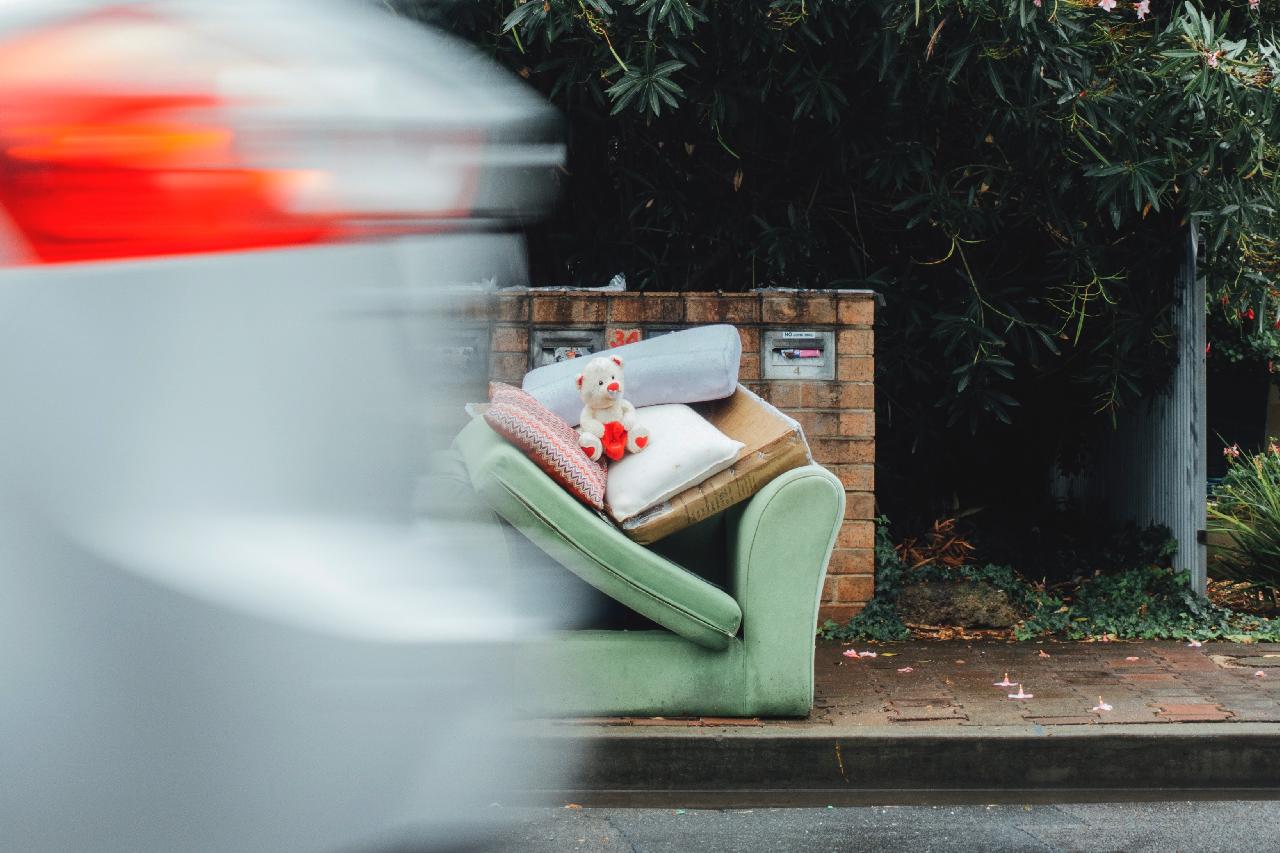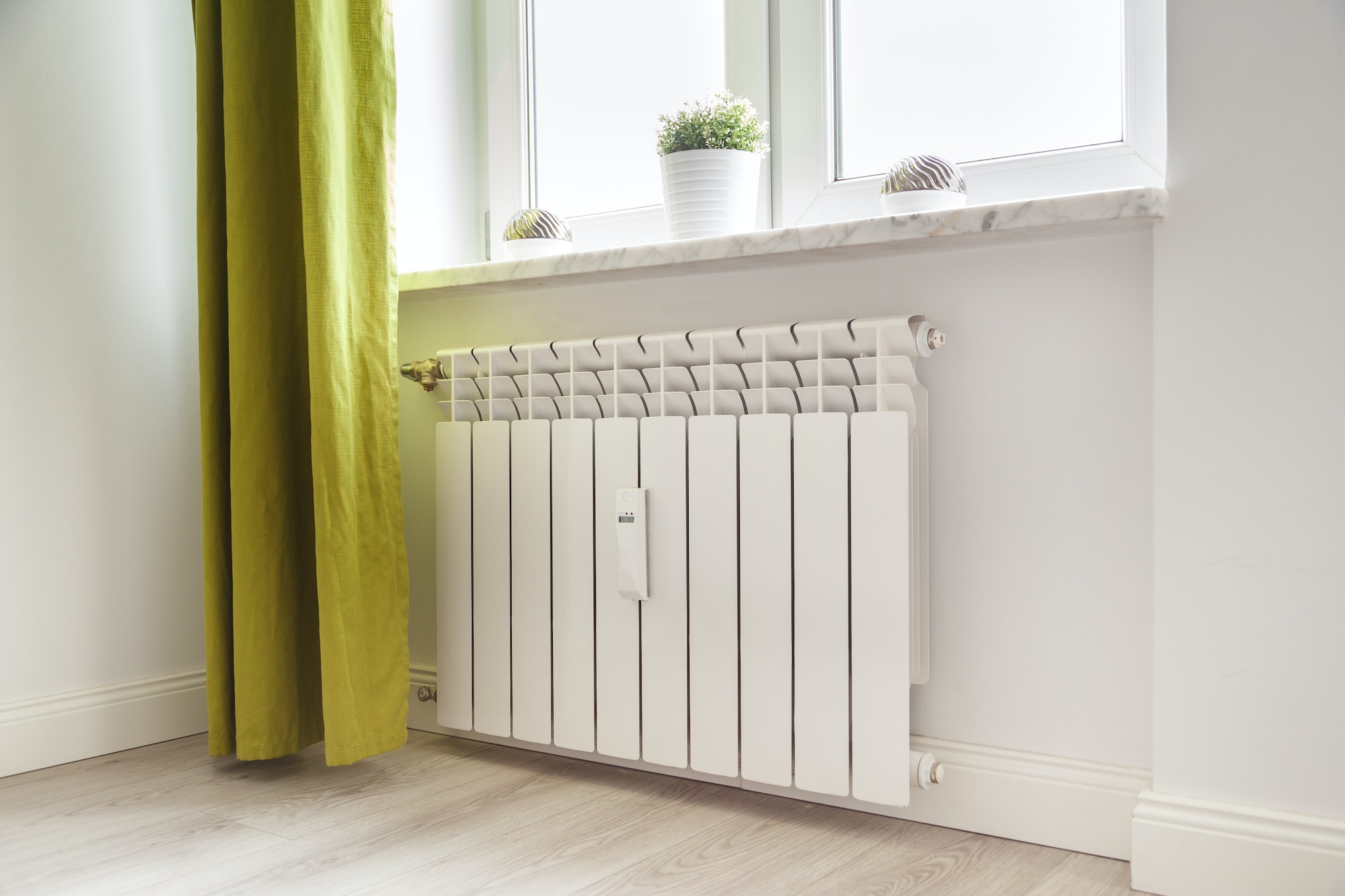Did you know that some American states can produce over 2 million tons of garbage? Scientists are also discovering that a large part of that garbage is composed of household hazardous waste.
Are you curious about which household items are considered to be hazardous waste? Read our article to find out!
- Beware of Batteries
Batteries operate a variety of electronics that we use on a daily basis. Batteries, however, are not safe to be tossed into the garbage when their life runs out.
They are highly toxic when they begin to dissolve and mix with other waste. Beware of batteries! This rule applies to batteries of all kinds, not just the most common sizes.
In fact, the smallest batteries are the most dangerous to mix with garbage. This is because small batteries take less time to dissolve and leak.
- Don’t Forget About Fluorescents
What do you do with lightbulbs once they are beginning to dull? You do not throw them away! Throwing away lightbulbs, especially fluorescents, can leak toxic materials into the garbage.
This fact may not seem incredibly threatening for your household, however, it can create devasting impacts for landfills across the globe.
In order to prevent damaging the planet, consider switching to LED lightbulbs and properly recycling your fluorescent lightbulbs.
- Protect the Earth From Poisons
Does your home attract infestations of bugs from time to time? This is a fairly normal phenomenon for many homes.
Household poisons have been created to help keep your home free of pests. You can purchase these poisonous traps at a variety of home stores.
After you have solved your bug problem, make sure to dispose of your poison in a safe manner. Call your nearest hazardous waste management service to begin throwing away your poisonous traps!
- Keep the Pepper Spray Away!
Pepper spray is a wonderful protection tool that can help keep people safe. Did you know that the components of pepper spray aren’t just irritation but they are also reactive?
Reactive chemical compounds can cause devastating effects when combined with other acids. Make sure to keep the pepper spray away from regular household trash!
Do your best to keep your pepper spray away from other acidic or flammable substances as well. This will keep you and the Earth as safe as possible!
- Aerosol Can Hurt Us All
Environmentalist propaganda has prevented millions of people from purchasing harmful products that use aerosol technology.
Aerosol came under attack by sustainability enthusiasts for its harmful effects on the atmosphere.
Spraying aerosol cans like hairspray can directly affect the planet. However, throwing away aerosol incorrectly can indirectly affect the planet as well.
- Bye-Bye Bleach!
Bleach is one of the most dangerous chemicals to work with. Many people understand the danger of working with chemicals like bleach.
Many are not aware of the harmful effects of discarding bleach improperly. For example, bleach should never be poured down the drain.
Pouring bleach down the drain can ruin the freshwater supply for your entire community. Bleach should also never be poured on the ground where it can seep into Earth.
Bleach is considered hazardous waste and should be disposed of the same way as other hazardous materials, chemicals, and substances.
- Butane? No Thanks!
Many people purchase large quantities of butane so that they are able to refill their lighters in a cost-effective way.
Butane, however, can become toxic if not stored properly. Butane, in fact, is even more dangerous when it is discarded with other flammable materials.
Butane should be thrown away in a specific storage bin that is separate from flammable materials. It is also not a good idea to mix it with other toxic chemicals like bleach.
- Thermometers Are Feverish
Did you know that traditional thermometers use mercury to detect your temperature? This organic form of tech was once very popular.
However, scientists soon discovered that the mercury in thermometers is toxic when disposed of improperly. Isn’t that sickening?
Curious about where you can find help disposing of your hazardous materials? Click here to learn more about your options!
- Keep Cleaners Away From the Drain
Bleach is not the only cleansing agent that should avoid being poured down the drain. All household cleaners should be disposed of as hazardous waste.
A good rule of thumb is to avoid pouring any synthetic substances down the drain. Only pour compostable liquids down the drain that the Earth can easily break down.
This will help ease the workload of our planet and keep our water supply clean. Thank you for your hard work!
- Waste Should Be Fertilizer-Free!
Are you an avid gardener that loves to help your plants flourish? That is wonderful! However, keep in mind that your synthetic fertilizers may be doing more harm than good.
Liquid and solid fertilizers should be disposed of as hazardous waste when you are done with them. Contact your local hazardous waste management services for more information!
Ready to Filter Through Your Household Items?
Now you know all about which household items can create hazardous waste. Are you ready to begin filtering through your garbage to protect our planet?
Remember, if the substance is synthetic then chances are it will disrupt the natural balance of Earth’s decomposition process. Try your best to filter out anything that might be toxic!
Still in need of inspiration? Read our other blog articles to become updated on the latest lifestyle trends and tips!
Discover more from Futurist Architecture
Subscribe to get the latest posts sent to your email.




